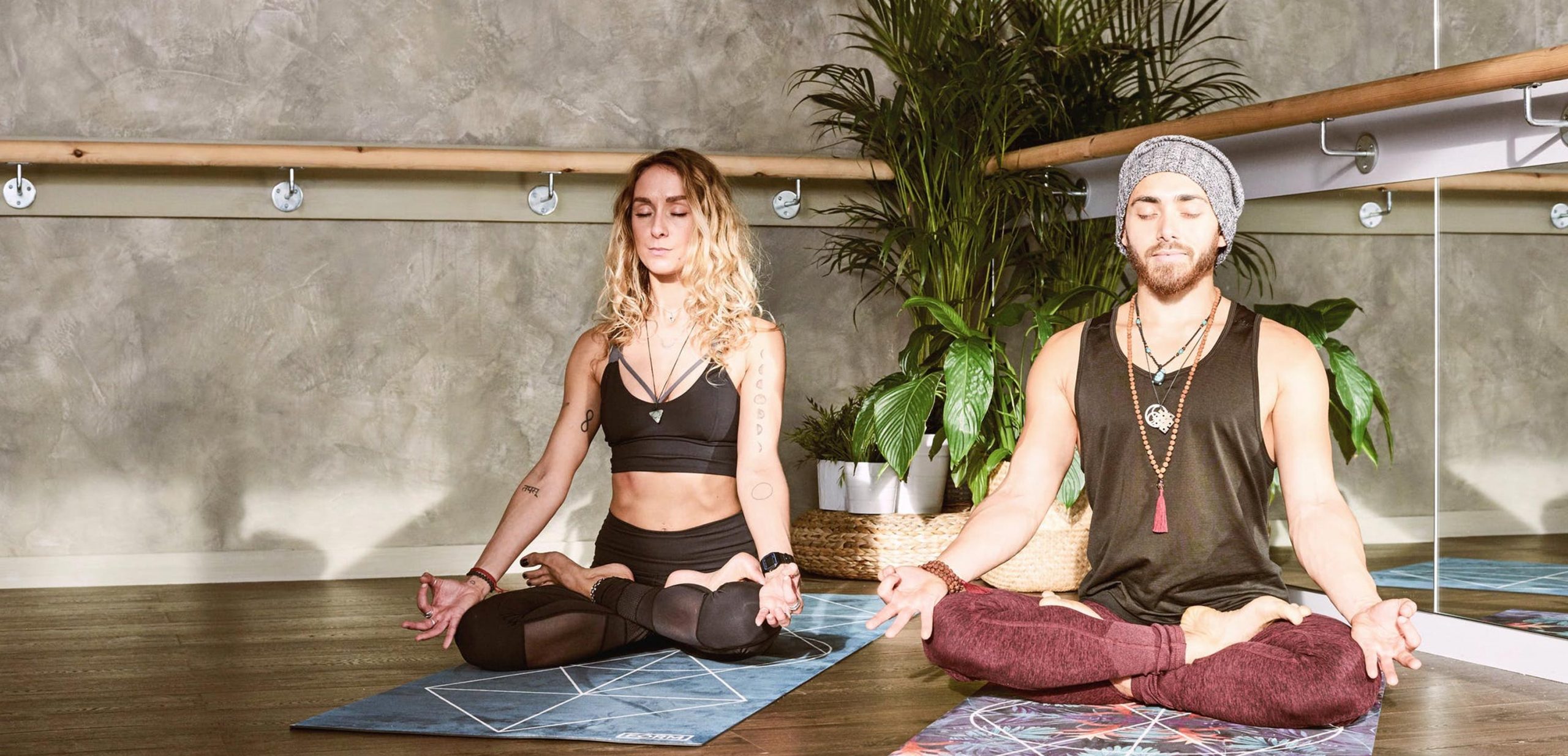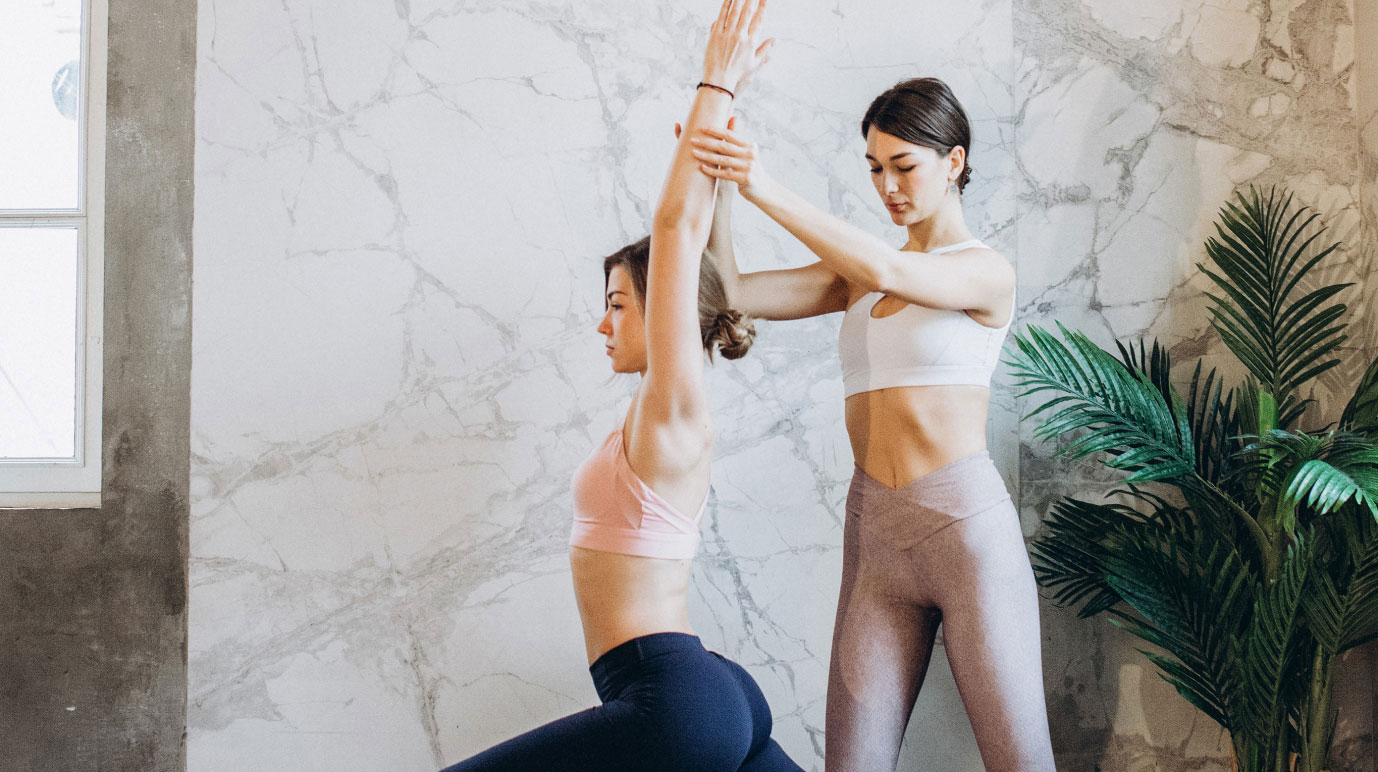Thankfully we are over January where the constant bombardment of new diets, fitness regimes and ‘new you’ ideologies are waning.
But how do we break through exercise barriers? These can be hard especially if you have previously had negative experiences of exercise (crash exercising and embarking on strict and intense exercise regimens) which are often unrealistic and leave us feeling tired, frustrated and well sore!
Tips on how to exercise intuitively
While it is important what types of foods we are eating, it is also necessary to think about when, why and how we are consuming food and fluids.
Focus on how it feels
Rather than counting calories for what you will ‘burn’. Explore how you feel during and after the exercise. Think about the benefits you see in stress and energy levels, general wellbeing and sleep.
Decouple exercise from weight loss
Exercise has many physical benefits. If a person’s sole focus for exercise is weight loss, motivation doesn’t tend to last. Movement should be encouraged for a number of health benefits. Such as increased bone strength, increased stress tolerance, decreased blood pressure, reduced risk of chronic diseases, increased heart and lung function, increased metabolism, improvements in satiety cues and appetite regulation.
Incorporate activity into daily living.
We’ve all heard about taking the stairs instead of the lift but gradually day by day these small actions do actually make a difference. Ordinary activities make a difference.
- Walk the dog every day.
- Cycle to work if you can.
- Walk at lunch with some colleagues if possible.
- Park your car further away from where you work building in a ten minute walk to and from work.

Stress relief – way of taking care of yourself
Chronic stress can create hormonal imbalances, increasing stress hormones.
Regular exercise can counteract this effect by improving the effectiveness of insulin and mood. Physical activities also improve sleep patterns. Improved sleep patterns are associated with better insulin control and better appetite regulation.
Make movement fun
More research is showing that focusing on pleasure from exercise is an important factor in sustaining consistent activity. That could be exercising with a friend, or taking the time to go for a walk, run or home workout as your ‘you’ time. Don’t feel guilty for taking this time.
Engage In different types of activities and exercise. Download your favourite music or podcasts to keep you engaged.
And get rid of apps or trackers if you find these distracting or a negative influence.
Make movement non negotiable.
What can you consistently make the time for to move your body? Schedule it in each week, put it in your diary and be prepared.
- Have a pair of runners in the boot of the car or under your desk at work.
- Choose a hotel that has workout facilities if you are travelling.
- Take advantage of early bright mornings and get out in the fresh air before the day starts either with a run, walk or even skipping in the garden.
Be comfortable
Invest in good quality, comfortable and fun workout attire including good quality shoes. The better you feel in your gear the more likely you will be to actually work out.
Include strength training and stretching
Strength training helps rebuild and strengthen muscle mass and reduces the degree of muscle wastage due to age. Stretching helps prevent injuries and improve muscle performance.
Remember to rest.
One of the most important ones. If your body feels tired, take a day to rest. Or incorporate some light movement into your day such as yoga, stretching or even some meditation. 
Movement is self care and mindful movement is a principle within the intuitive eating framework so think about what will work for you and what is realistic. Choose movements you enjoy and choose what makes you feel good






